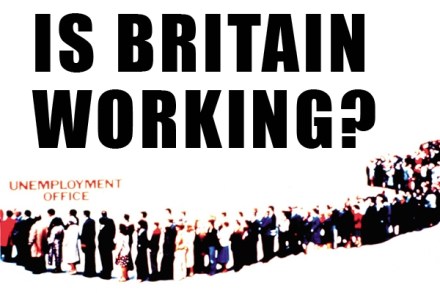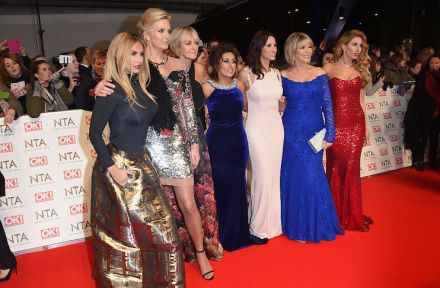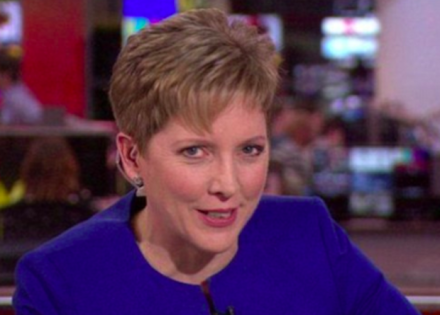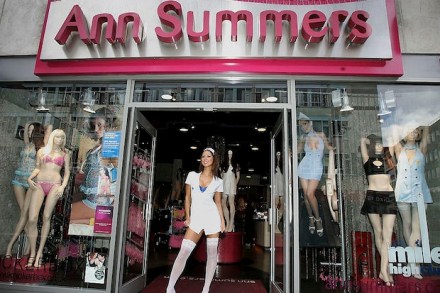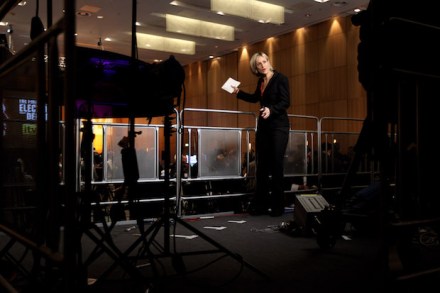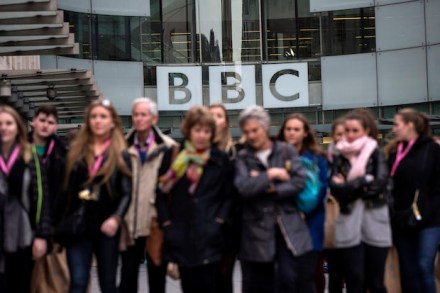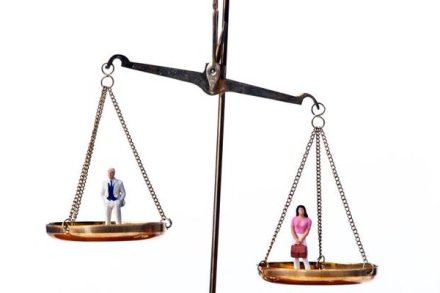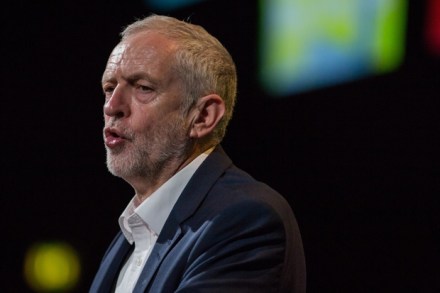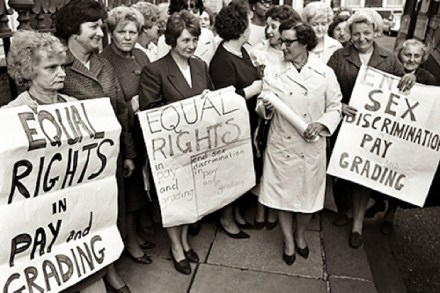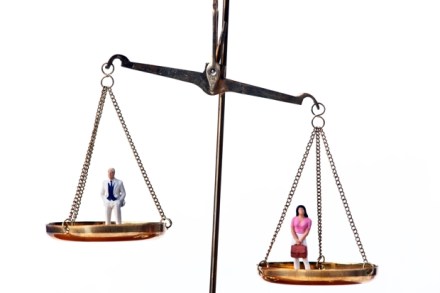Changing the gender pay gap system won’t help – let’s scrap it instead
My heart skipped a beat when I discovered the Royal Statistical Society was publishing a report, out today, which calls for the rules around gender pay gap reporting (companies with 250+ employees are mandated to calculate and publish this data by law) to be refined. As I wrote on Coffee House last week, the calculations are so crude and void of context, they render the results almost meaningless. They don’t take any like-for-like comparison on job, age, or education into account and don’t even control for full and part-time workers. As a result, the final figures are comparing the CEO of the FTSE 100 company to the junior researcher who





